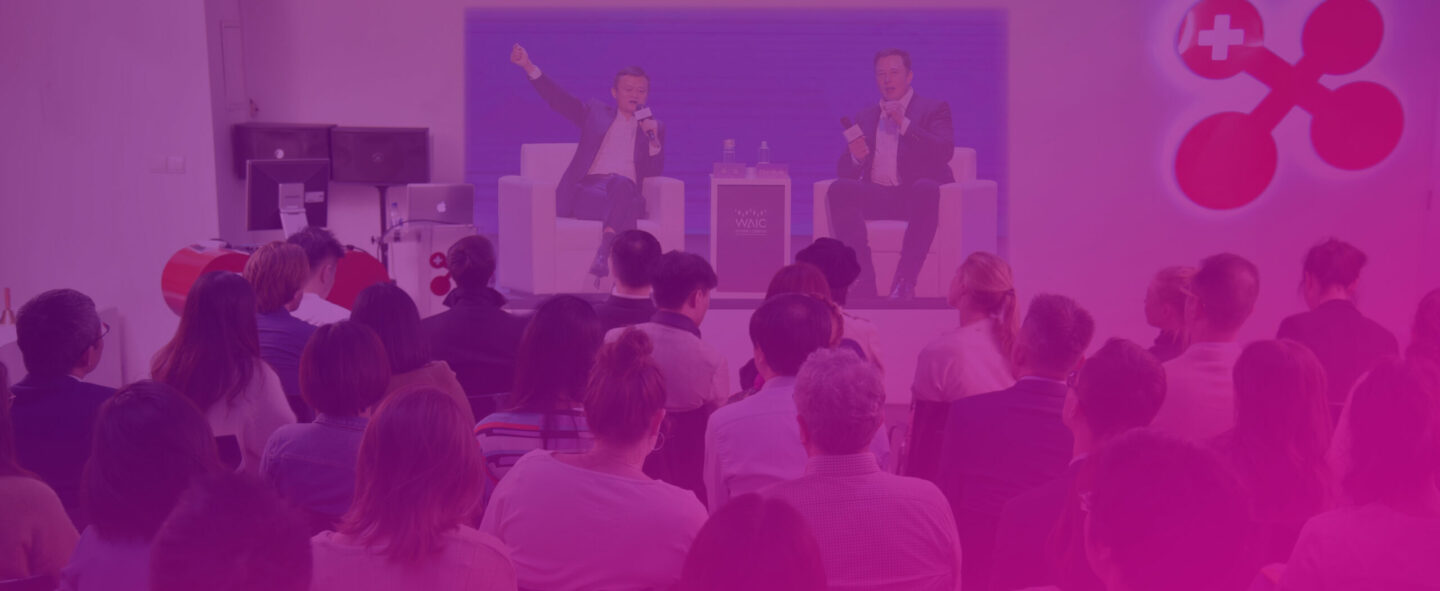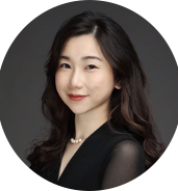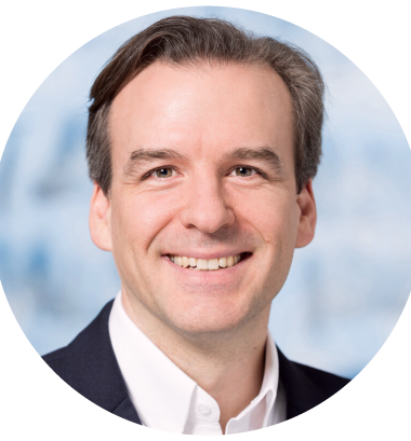
At the World Artificial Intelligence Conference 2019, the world’s attention was firmly captivated by a much-anticipated ‘Clash of Titans’ between Tesla CEO Elon Musk and Alibaba Co-Founder and Executive Chairman Jack Ma, who faced off over their divergent views ranging on artificial intelligence, technology, education and the future of work. It was apparent from the onset of their debate that the two leading luminaries of the tech world do not share the same vision, as Jack Ma maintains an optimistic outlook on AI, asserting that humanity will be able to harness the power of AI and benefit from a new chapter in society, whereas Elon Musk took on a cautionary stance, warning about the danger of AI running amok.
“The biggest mistake researchers are doing is thinking they are intelligent compared to AI.” –Elon Musk
Consequently, they also came to different conclusions regarding the future of work, with Elon Musk reiterating his concerns that automation will lead to jobs becoming obsolete, while Jack Ma postulates that the problem is not with the lack of jobs, and the focus should be on making people happier and to experience life.
“In the AI period people will live 120 years. Problem comes when people lives are getting better, they don’t want to have children. We will have a lot of jobs (for example, taking care of elder people) with no people wanting to do them.” –Jack Ma
In anticipation of the Fourth Industrial Revolution, both Ma and Musk also shared their recommendations for education and addressing skill gaps.
Join us on November 3 to hear from two experts who will help dissect the underlying context and global issues discussed during this far-reaching debate while sharing their further insights on How AI will power the Future of Work and Keeping the future of work human.
The keynote presentations will be followed by three rounds of expert-led discussions, where the audience will be invited to share their ideas, observations and questions, while delving deeper into the challenges and opportunities presented by the rise of Artificial Intelligence, the consequences for the future of work, and the implications for the future of education and re-skilling in the context of Industrial 4.0. Our third expert will wrap up all findings into a conclusion. Don’t miss it!
The event will be held in an interactive hybrid format, where the online audience will be able to interact simultaneously with the on-site speakers and participants. Swissnex in China, as a Swiss International Ambassador, is hosting this event as part of the Swiss Digital Days 2020 / The Future of Work: AI shifts in Critical Skills, in collaboration with Tencent Research Institute.
Program
*The program from 09:00-10:40 CEST / 16:00-17:40 CST will be broadcasted online.
15:30-16:00 CST Registration
16:00-16:05 CST Welcome and Introduction
(Dr. Felix Moesner – Science Consul and CEO of Swissnex in China)
16:05-16:15 CST Keynote Speech
(Dr. Siyan Xu – Deputy Director of Smart Industry Research Center,Tencent Research Institute)
16:15-16:25 CST Keynote Speech
(Ms. Iris Long – Writer, Curator & Researcher on Art, Science and Technology,Central Academy of Fine Arts)
16:25-17:25 CST Discussion (3 Rounds)
17:25-17:40 CST Expert Conclusion
(Prof. Dr. Jochen Menges – Chair of Human Resource Management and Leadership,Department of Business Administration, University of Zurich)
17:40-18:30 CST Networking Reception
Speakers
-
![]()
Bio
Dr. Inez von Weitershausen
Head of Learning & Outreach – Center for Leadership in the Future of Work, University of ZurichDr. Inez von Weitershausen is Head of Learning & Outreach of the Center for Leadership in the Future of Work at the University of Zurich. She leads the group’s engagement with a wide range of stakeholders, and connects people and topics to advance knowledge, best practices and innovation in the fields of leadership and skill formation. Dr von Weitershausen joined UZH after three years at MIT, where she contributed to the research, teaching and outreach activities of the Taskforce Work of the future and of the Good Companies Good Jobs initiative at the Sloan School of Management. She holds a PhD from the London School of Economics, a masters in law and business from Bucerius Law School and WHU Otto Beisheim school of management and an MA from the University of Bonn.
-
![]()
Bio
Dr. Siyan Xu
Deputy Director of Smart Industry Research Center of Tencent Research InstituteSiyan is a senior TMT researcher at Tencent Internet Research Institute. Her research examines the new business and organizational models that have emerged alongside Internet and new technologies, which serve as strategy indications of Tencent’s new business direction. She has published various reports, white papers and books on the nascent economic-technical framework of internet platforms, as well as on the new technological paradigms as blockchain, AI and Industrial Internet.Siyan achieved a Ph.D. from Tsinghua University and was a visiting scholar at the Massachusetts Institute of Technology.
-
![]()
Bio
Iris Long
Writer, Curator & Researcher on Art, Science and Technology, Central Academy of Fine ArtsIris Long is a writer and independent curator who is currently working as a researcher and lecturer on art, science and technology at Central Academy of Fine Arts, with a research focus on how art responses to the current global reality of ubiquitous computing and big data. She served as curator on a number of exhibitions across China, and her research work has been presented at various conferences and symposiums. Iris has a Master’s degree in Critical Writing in Art and Design from the Royal College of Art, UK and a Bachelor’s degree in Journalism and Communication from Tsinghua University, China.
-
![]()
Bio
Prof. Dr. Jochen Menges
Chair of Human Resource Management and Leadership Department of Business Administration, UZHProf. Dr. Jochen Menges is a Professor of Leadership and Human Resource Management at the University of Zurich, Switzerland. He partners with businesses to conduct research and to educate executives about the future of work, skill development in the digital age, leadership, emotional intelligence, and organizational culture. His award-winning research focuses on how leaders successfully build institutions and inspire people to pursue collective goals, on how people best work together in ways that contribute to their productivity and well-being, and on how organizations become future-ready in a fast-changing world. In addition, he provides evidence-based advice rooted in rigorous experimental, archival, survey-based and field research that is actionable in the corporate world.






